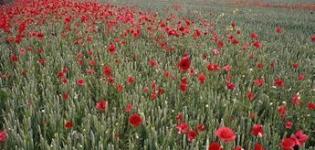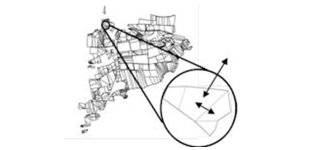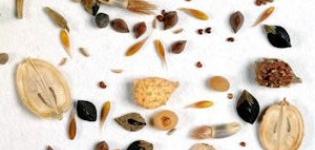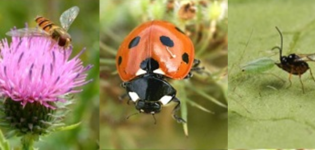Weeds are among the major pests of the world, taking from crops and contaminating harvests. Control, whether mechanical or chemical, is expensive and polluting. Weeds are also wild plants, integral to the ecosystem. They have beneficial roles, mopping up nutrients and supporting the farmland food web, which itself contains organisms effective in biocontrol and pollination. Weeds and crops have cohabited since agriculture began here 6000-5000 years ago. Many of the weeds have been crops or forages, while most crops give rise to volunteer and feral weeds.
The Institute has been studying weeds for over 20 years. Capability is maintained through development of methods, infrastructure, field platforms and site networks in Scotland and throughout Europe. The main aim of work on integrated pest management (IPM) – weeds is to understand and manage the weed flora so as to optimise the several roles of weeds without reliance on chemical pesticides. The science in IPM Weed Management seeks to optimise weed populations, not just by targeting weeds directly by mechanical or chemical means, but by manipulating the system through factors such as crop variety, crop sequence and soil tillage.






